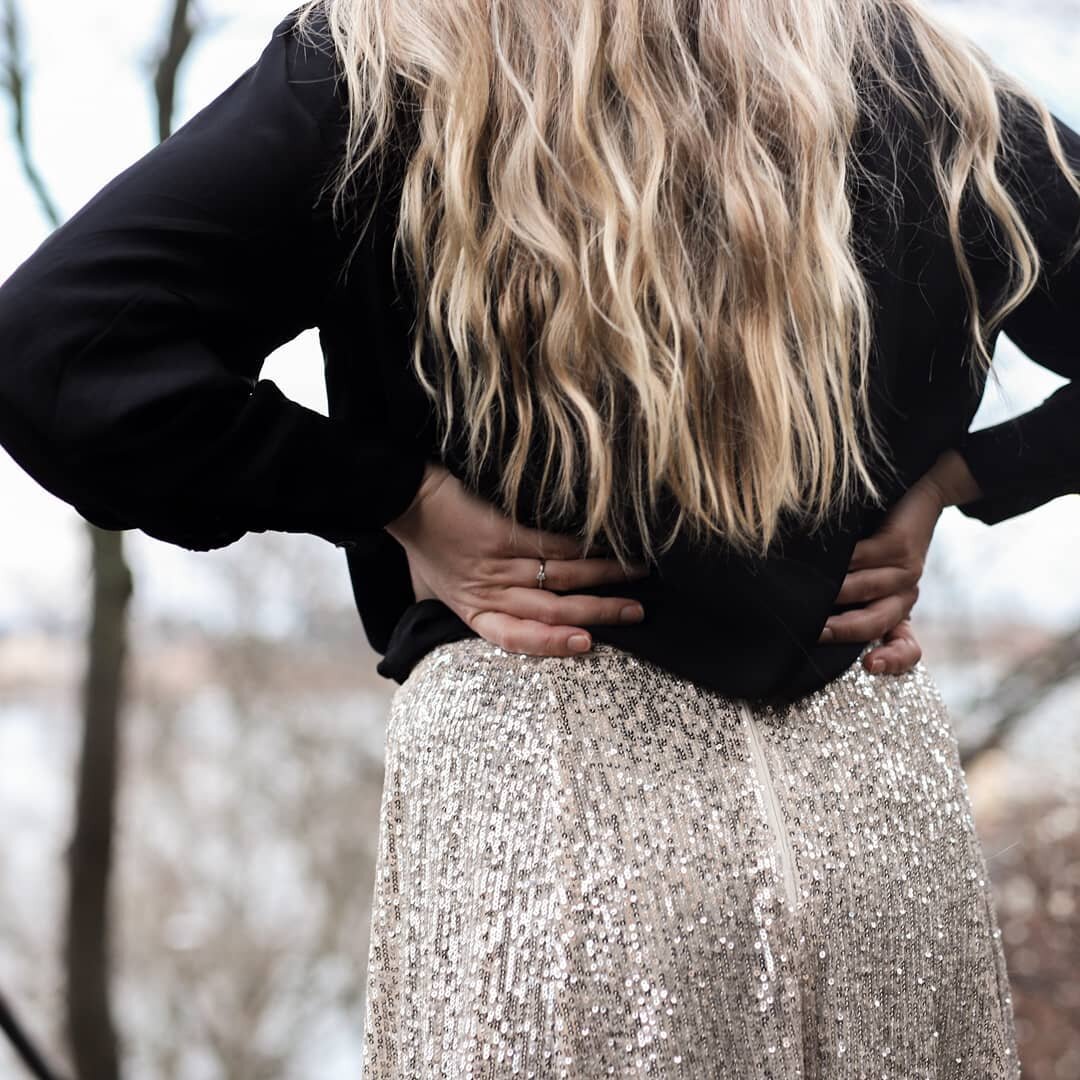INTERVIEW #20 CIRCLE OF CLOTHES
Based in: Sweden
Founded in: Sweden
Store: Non-profit Facebook Group/Community
Price range: From low to high
Why we love them: Circle of clothes is a fun way to update your closet, connect with other fashion lovers and extend the life of clothes that no longer come to use in your wardrobe..
Photo: Tigerstilen
Hi Nadja, we are so happy to talk to you, one of the admins behind Circle of clothes. Please tell us about the famous Facebook group and its concept?
The concept is to let clothes circulate and thus get a longer life, hence the name. We who sell and buy clothes in the group all believe in second hand and the idea of letting clothes swap owners. We enjoy fashion and trends. As COC is a non-profit Facebook group/organisation, us admins are pretty strict with keeping the recycling vibe alive. The idea is that old clothes get new owners and everyone benefits - rather than making a personal profit or selling never-used merch or just-bought fast fashion items.
What has been the largest gain up until now?
Just the fact that we saw a massive increase in members + activity this year I consider a big win-win for both the group and the environment. Every new person you can inspire to start shopping their clothes second hand is a win!
“As COC is a non-profit Facebook group/organisation, us admins are pretty strict with keeping the recycling vibe alive.”
What has been the biggest challenge so far?
To remain the regimen and order in the group without going in the direction of exclusiveness, for examples becoming a specific brands/sustainable brands only group. Being admin in a large sell and swap group is always = balancing on a fine line of being too strict and too careless. We try to be fair, objective and consistent always. On a personal note, the biggest everyday challenge for me is to get people to know the basic rule of posting only one starting-photo in the feed, not 13.
Photo: iamnotbeige
What do you think needs to change in the fashion industry in order to make it more sustainable?
This is a difficult question. The fashion industry is unsustainable per se. It kind of boils down to both consumers and the government relying on the fashion industry to change its current ways. But the sustainability problem is systematic, and it’s also linked to capitalism and the economic system we’re living in, social injustices that come with that, etc, rather than a quest for the individual consumer to take on. Still, us individuals can of course do much recycling and buying pre-owned instead of new. But we need a bigger change politically to be able to actually experience the fashion industry as sustainable at all. So where to start? Systematically, I think the government should introduce stricter regulations for fast fashion companies, enough reports and statistics have to be made without profit interest, higher demands on transparency of animal welfare and worker’s rights. Individually, I think we should stay eager to inform, lecture and spread the sustainability interest among young people. Clothing swap circles, digital apps for second hand shopping and selling, but most importantly here I think is to change the mindset among friends and classmates that clothes are allowed to be/look worn, loved and repaired. We live in an absurd reality in our western society clothes are used 7-8 times, then you buy new ones. It’s not tenable for our planet or the rest of the world.
“Clothing swap circles, digital apps for second hand shopping and selling, but most importantly here I think is to change the mindset among friends and classmates that clothes are allowed to be/look worn, loved and repaired.”
Tell us about your shopping habits. Do you consume mostly pre-loved clothes, renting or buying newly produced ones?
I do all of them. I like to keep an openness towards different ways to buy clothes. However, I recently made a promise to myself to buy less new, specifically as little fast fashion as possible in 2021.
What is “greenwashing” according to YOU and what in your opinion, can producers and consumers do to avoid it?
I think I share the general view on greenwashing; it's a form of marketing spin, used to persuade the public that an organization's products, aims and policies are environmentally friendly. We can avoid it if the goal is not to maximize the profit. Which it always is in our current economy. Otherwise, it’s tough to avoid/bann. Of course, stricter government regulations about what you can/cannot say/claim as a company/organisation in ads and promotions, would be a good start.
Photo: Stildoktorn
What are your top 3 tips to fashion consumers out there who seek to create a sustainable closet and lifestyle?
I transitioned to a Capsule Wardrobe philosophy last year which opened my eyes for many aspects of wearability and trend-cycling your wardrobe. When I shop new, I try considering longevity, wearability and of course material/recyclability. I think those three things are main to sustain a healthy relationship with shopping and it’s a way to live out your fashion interest and still have sustainability in mind. I think It’s also great for someone who tends to feel stressed about the volatile pace of the fashion industry, like sales, collars, merches and launches.
“I transitioned to a Capsule Wardrobe philosophy last year which opened my eyes for many aspects of wearability and trend-cycling your wardrobe.”
Any future plans for Circle of Clothes that you would like to share?
For now, we are just focusing on keeping the group’s spirit and idea going.



